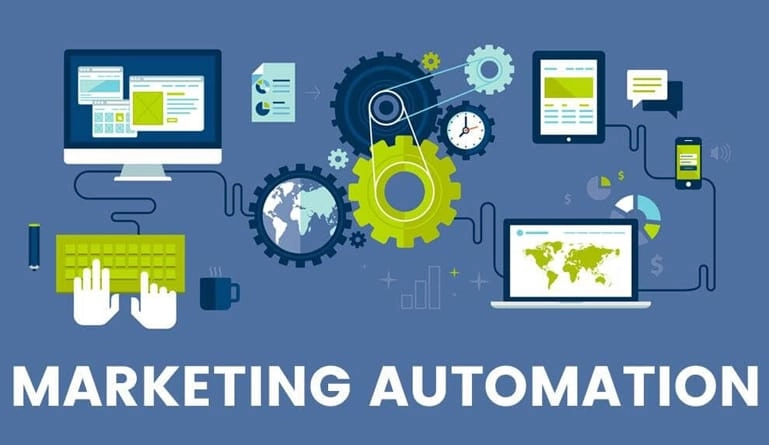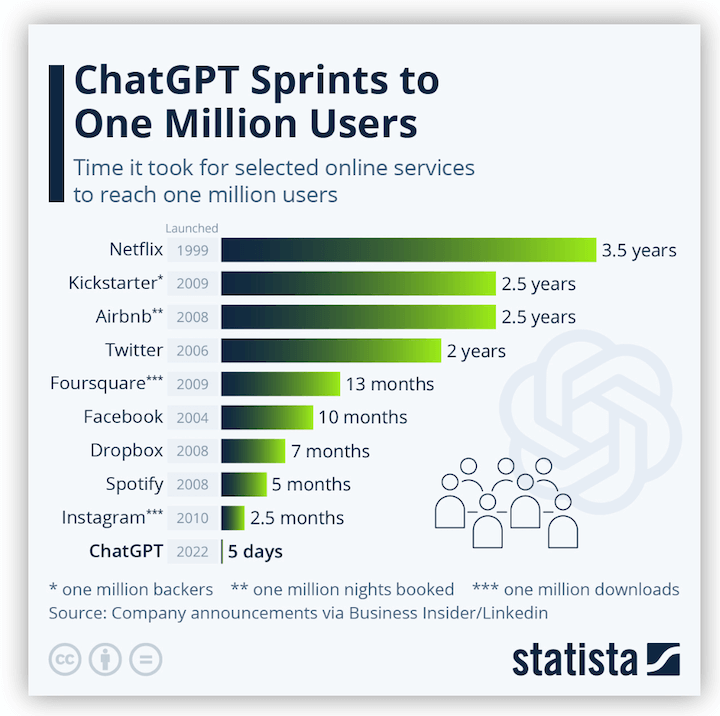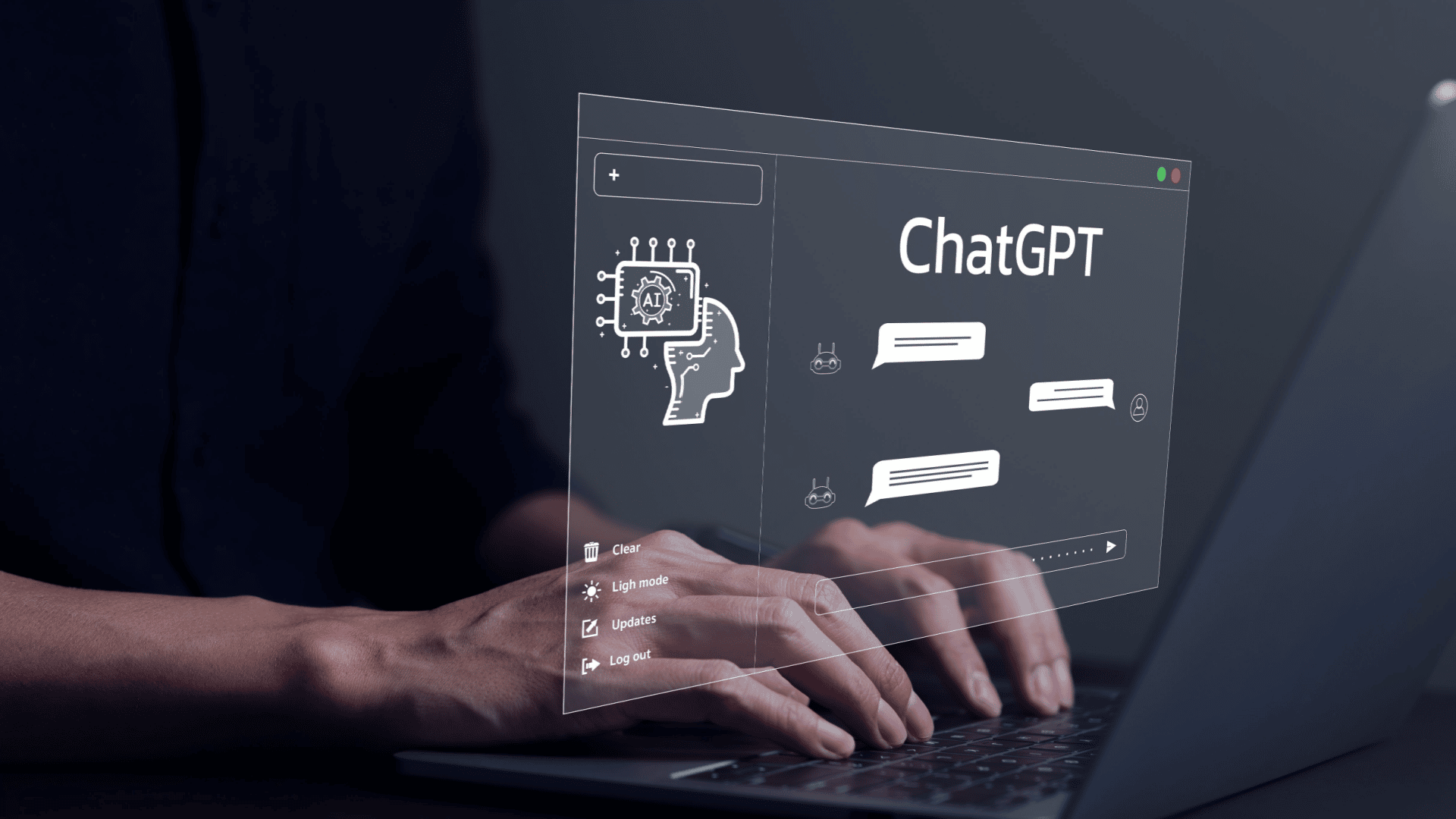The AI Marketing Revolution: How Chatbots Are Reshaping Brand Discovery in 2025

As artificial intelligence continues to evolve at a breakneck pace, advertising agencies and brands are being forced to completely reimagine their digital presence to stay relevant in an AI-dominated landscape. According to recent reports from Ad Age (https://adage.com/technology/ai/aa-google-chatgpt-perplexity-ai-search-reinvents-agency-websites/), agencies are actively redesigning their websites to improve discoverability by AI-powered search platforms like ChatGPT and Perplexity, marking a fundamental shift in how brands connect with potential clients.
The Rise of AI-First Marketing Strategies

The marketing world is witnessing a dramatic transformation as traditional search engine optimization (SEO) gives way to AI optimization. As highlighted in OpenTools.ai's recent coverage (https://opentools.ai/news/brands-pivot-to-ai-chatbots-as-google-search-faces-a-shake-up), brands are revolutionizing their marketing strategies to engage users on AI platforms, recognizing that consumer behavior is rapidly shifting away from conventional search engines.
This evolution requires a fundamental rethinking of content creation and digital presence. Rather than focusing solely on keywords and backlinks, agencies must now create content that resonates with AI chatbots' natural language processing capabilities while maintaining the crucial elements of Experience, Expertise, Authoritativeness, and Trustworthiness (E-E-A-T).
Transforming Digital Presence for AI Discovery

The adaptation to AI search platforms involves several key strategic shifts:
Conversational Content Development Agencies are moving away from traditional webpage formats to create more dialogue-based content that aligns with how AI chatbots process and interpret information. This includes developing detailed, context-rich material that can be easily understood and referenced by AI platforms.
Technical Infrastructure Updates Organizations are implementing new technical frameworks to facilitate AI crawling and interpretation. This includes structured data markup and API integrations that allow chatbots direct access to content, ensuring better visibility in AI-powered search results.
Enhanced User Experience Design Websites are being redesigned to create more interactive and conversational interfaces that mirror the way users interact with AI chatbots. This transformation focuses on seamless integration between traditional web content and AI-driven interactions.
The Economic Impact of AI Marketing Evolution
The shift toward AI-optimized marketing carries significant economic implications. Advertising agencies must invest in new technologies and expertise while potentially reducing spending on traditional SEO tactics. This reallocation of resources represents both a challenge and an opportunity for agencies willing to embrace change.
Ethical Considerations and Privacy Concerns
As brands rush to adapt to AI platforms, important ethical considerations have emerged. Data privacy remains a paramount concern, with organizations needing to balance personalization capabilities with user privacy protections. Transparency in advertising practices and compliance with emerging AI regulations are becoming increasingly critical factors in marketing strategy development.
Future-Proofing Marketing Strategies
To remain competitive in this evolving landscape, brands and agencies must:
Develop AI-Specific Content Strategies Create content that specifically caters to how AI chatbots process and deliver information while maintaining human readability and engagement.
Invest in Technical Infrastructure Implement robust technical frameworks that facilitate AI crawling and interpretation while ensuring seamless user experiences.
Monitor and Adapt Maintain continuous monitoring of AI platform changes and adapt strategies accordingly to ensure sustained visibility and effectiveness.
The Path Forward
The marketing landscape of 2025 demands a delicate balance between innovation and responsibility. As brands and agencies navigate this transformation, success will depend on their ability to adapt quickly while maintaining ethical standards and user trust.
The future of marketing clearly lies in mastering AI-driven platforms, but this mastery must be achieved without sacrificing the human element that ultimately drives consumer connections. As we move forward, the question becomes not whether to adapt to AI platforms, but how to do so while maintaining authentic and meaningful brand interactions.
What steps is your organization taking to prepare for this AI-driven marketing future? The time to adapt is now, as the gap between AI-ready and traditional marketing approaches continues to widen with each passing day.